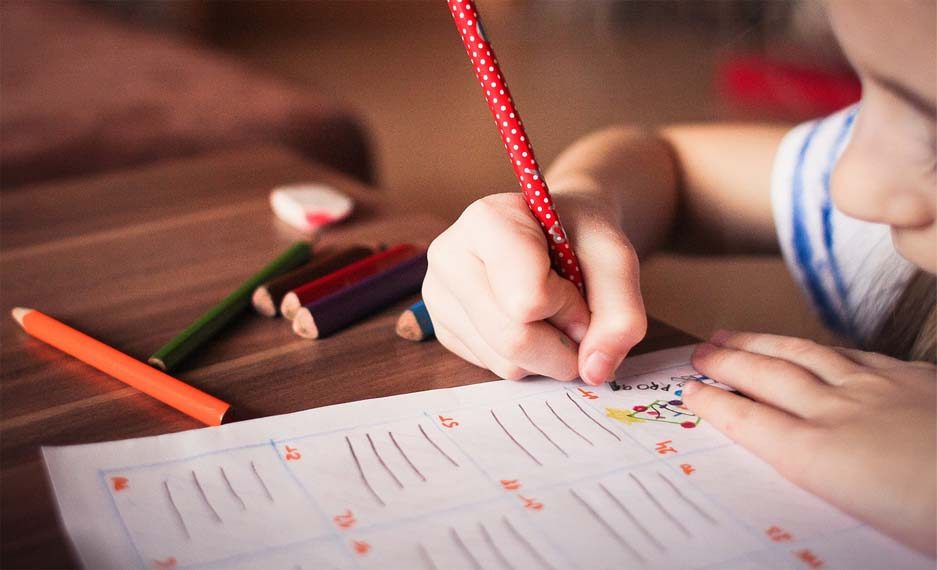Research suggests that children who read will write, but this study further explores how children who are encouraged to write will continue to write.
It’s no secret that many writers are avid readers and have been since their childhood. In fact, several studies have been conducted about the impacts of childhood reading on human development. But what other childhood influences develop writers? A recent survey reported over 900 authors’ responses about what has shaped their writing and the impact writing has had on their lives. The results are eye-opening regarding writers’ current processes and childhood influences.
THE RESEARCH
In their article “What Makes a Writer? How Do Early Influences Shape, and Working Habits Develop, Those Who Write?,” researchers Alison Baverstock and Jackie Steinitz aimed to uncover the lifelong benefits of writing. To do so, they asked over 900 authors questions regarding their writing process, the difficulties and joys of writing, and their childhood influences.
Regarding the joys of writing, the vast majority of authors reported increased amounts of joy and life satisfaction from writing and that writing gave them an outlet for creative fulfillment. In particular, those who were elderly or had disabilities reported that writing was a way to escape the feelings of confinement that come with disability and aging.
“Writers across the board, (including the elderly and those who suffer ill health) emerge as very committed to their craft; determination to keep writing seems life-long.”
—Baverstock and Steinitz (2019)
The study also demonstrated the importance of encouragement from an early age for the development of writing skills. Many authors stated that most of their encouragement came from their teachers. Other encouragement came from family, and the least amount of encouragement came from friends. For those who received a lot of encouragement, it seemed to be a formative part of their writing development. Those who received discouragement from teachers, family, and friends cited this discouragement in their open responses as to why they felt their writing journey was delayed or slowed. Ultimately, the encouragement to write in childhood was discovered to be helpful in leading to a lifelong love of writing and an increase in the satisfaction found in writing.
THE IMPLICATIONS
The survey results suggest that writing can have a positive and long-lasting impact on people. Writing and the encouragement to write are fundamental in helping more people have both fulfilling careers and fulfilling creative outlets, especially for those who get older and continue to write in retirement.
The survey results also indicate how encouragement to write in childhood can lead to lifelong engagement with creativity and open possibilities for people who find themselves unable to express themselves creatively otherwise. Just as reading in childhood can lead to long-term benefits, writing in childhood can open the doors to lifelong writing habits and outlets for creative fulfillment. For those who write and those who want better writers, encouraging every young writer can lead to enduring positive outcomes for everyone.
To learn more about the influences of writing on authors, read the full article:
Baverstock, Alison and Jackie Steinitz. 2019. “What Makes a Writer? How Do Early Influences Shape, and Working Habits Develop, Those Who Write?” Publishing Research Quarterly 35, no. 3 (September): 327–351, https://doi.org/10.1007/s12109-019-09660-w
—Stefani Stewart, Editing Research
FEATURE IMAGE BY PICJUMBO_COM, PIXABAY.COM
Find more research
Check out Taryn Hervey’s article for insights into childhood reading: “Is Fiction Fundamental? Trends of Children’s Reading Habits.”
Read author Neil Gaiman’s perspective on childhood reading and writing: “Neil Gaiman: Why Our Future Depends on Libraries, Reading and Daydreaming.”
Take a look at a compilation of how to teach creative writing compiled by Julia Bell and Paul Magrs: The Creative Writing Coursebook: Forty Authors Share Advice and Exercises for Fiction and Poetry.




